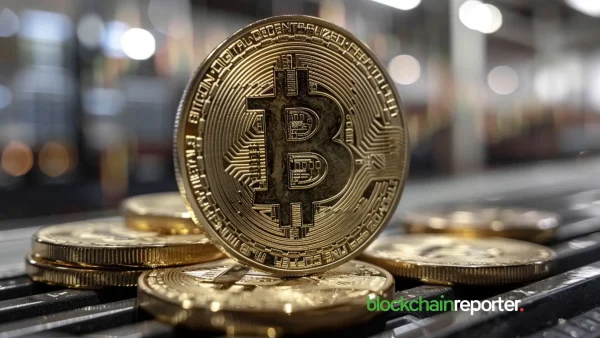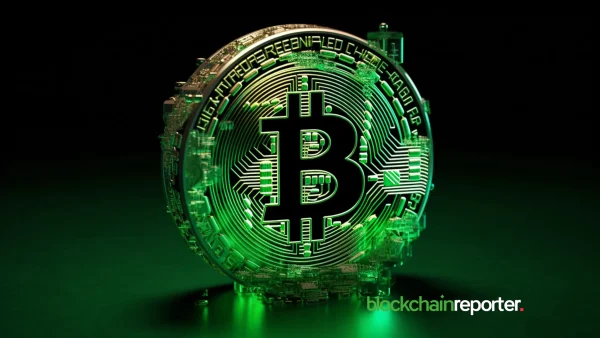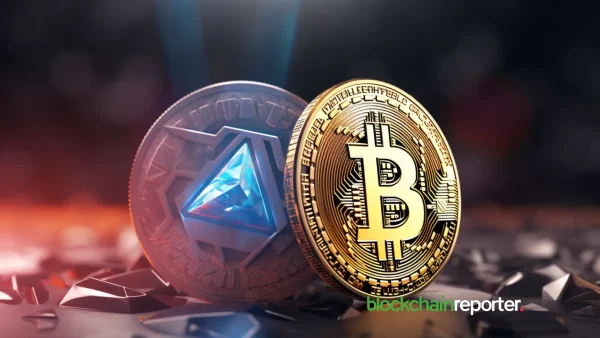
In an innovative move to combine cryptocurrency with environmental consciousness, a new Bitcoin layer-2 staking network called Social Network is set to launch on April 22. Developed in collaboration with Earth Wallet, a Bitcoin and Ethereum self-custody platform, the network aims to incentivize users to engage with nature through an Ethereum Virtual Machine (EVM) and an NFT-based mobile scavenger hunt.
Contrary to what the name might suggest, Social Network is not a conventional social media platform. Instead, it’s a network designed to offer staking rewards and promote environmentally friendly practices within the cryptocurrency space.
“Social Network is one of the projects we’re contributing to the most right now, which is trying to create a new decentralized social network incentive system that essentially makes social networks a public good again—and less about making private companies a lot of money,” said Sukhveer Sanghera, founder and CEO of Earth Wallet and core contributor to Social Network.
At the heart of Social Network’s launch strategy is a unique concept: encouraging users to “touch grass.” To participate, users can download the Earth Wallet app, which will guide them to the nearest park where they can engage with an augmented reality (AR) mobile game similar to Pokémon Go.
Upon entering a park, users will be prompted to tap a “touch grass” button in the Earth Wallet app, initiating an AR mode that reveals region-specific NFT characters. These digital collectibles, known as Regens, can be captured by users and contribute to staking rewards. The distribution of these NFTs is tailored based on population density and energy consumption in different regions.
A Sustainable Vision
Sanghera, with a background in aerospace engineering, has long been concerned about the environmental impact of cryptocurrency mining. “It’s still a problem today that we’re still using a ton of energy for things that could be used elsewhere,” he said. Social Network aims to address this issue by making Bitcoin transactions more energy-efficient and environmentally friendly.
The network operates on the eBTC token, which is used for staking rewards paid out from layer-2 transaction fees. Recently, Social Network launched 369 Regens on Bitcoin block 9, a significant milestone as it was mined by Satoshi Nakamoto in 2009. According to Sanghera, this is crucial to maintain the network’s decentralized and leaderless structure.
Despite its innovative approach, Social Network has faced criticism from some Bitcoin purists. The use of the Ordinal inscription protocol for NFTs has been particularly contentious, with some calling it spam on the Bitcoin network. “They have valid concerns about Bitcoin Ordinals; I think the software is poorly architected,” Sanghera acknowledged.
However, he believes that Social Network offers a more sustainable solution by promoting fair global distribution and aligning technology with healthier incentives for the Internet. While Sanghera recognizes the challenges of getting Bitcoin maximalists onboard with an Ethereum-based solution, he remains optimistic about the project’s potential impact.
“I think maximalists are a little bit toxic to society in general,” he said. “If they want to see Bitcoin become a global monetary system, then they need to open their eyes and look at the world and the problems that the world has—and try to solve some of the societal issues that are going on. Because money is just a tool that we use to build a better society.”
Overall, Sanghera emphasized the importance of making Bitcoin beneficial to all of society, not just a niche group of financial enthusiasts. He said, “Bitcoin is supposed to be the future of money. And for that to be true, it needs to be beneficial to all of society, not just a small subset of finance people..”
As Social Network and Earth Wallet prepare for Social Network’s public launch on April 14, the crypto community waits to see if this ambitious project can indeed strike a balance between technological innovation, environmental sustainability, and social responsibility.









